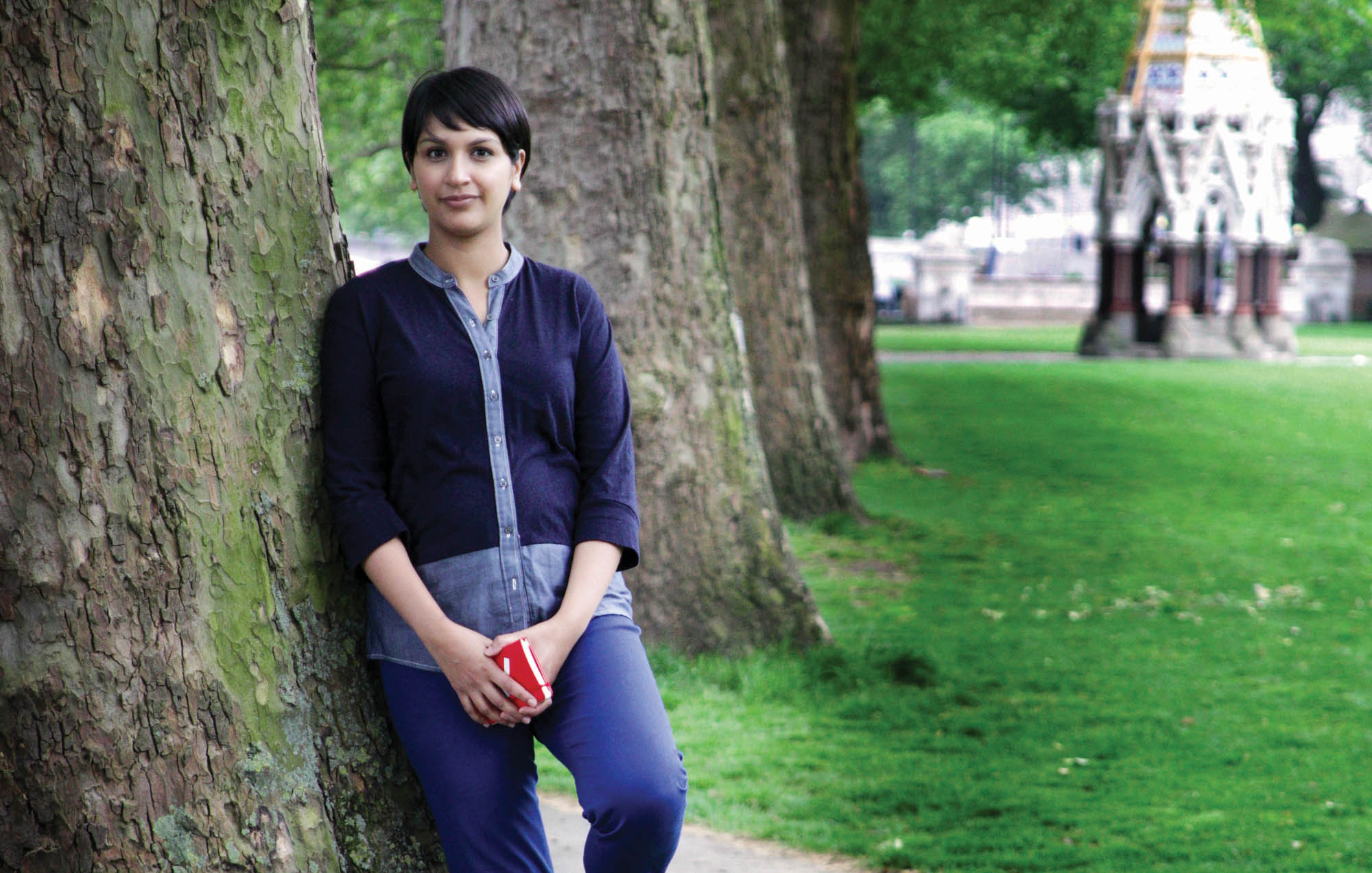
This article is a preview from the Autumn 2017 edition of New Humanist.
Angela Saini is a science writer and New Humanist contributor. Her latest book, "Inferior: How Science Got Women Wrong – and the New Research That’s Rewriting the Story" (Fourth Estate) argues that science tends to view subjects such as women’s sexual behaviour, motherhood and other social roles through the prism of world cultures that have long histories of prejudice and discrimination.
Your book challenges the idea that men have been dominant throughout human history.
There are two questions from a female perspective. Firstly, did women just stay at home and take care of the kids? Secondly, was that less of a challenging role? On both counts there is evidence to suggest the answer is no.
Is it significant that that women hunt in tribal societies?
There’s good evidence to suggest that women hunted even more in our past, and they continue to today. In the instances where women don’t hunt, often it’s strategic: losing a mother is far more devastating for a child’s survival odds than losing a father is. In areas where it’s risky for women to hunt, they tend not to; where it’s less risky, they tend to.
You mention in your book that Charles Darwin hadn’t taken into account the existence of powerful women in tribal societies. Was Darwin simply a man of his time: a conservative Victorian?
Darwin’s ideas were brilliant. It’s easy when you spot a genius to think that everything they say is correct. But it’s possible to have revolutionary ideas like Darwin had, and still carry some prejudice. Many scientists are guilty of this, and Darwin was in particular when it came to looking at females – and not just human females either.
How was Darwin’s thinking skewed?
Well, he was blinkered by society around him. For example, in his own society women were working. Darwin just didn’t tend to see them, or he overlooked them. Working-class women all over the world have always had to work. But the women Darwin was surrounded by were upper-middle-class women, who were expected to be at home and fulfil the role of a subservient wife. We shouldn’t throw out all of Darwin’s work because he happened to be a bit blinkered when it came to women. But it should give us pause for thought and make us reassess theories from the past.
Should we be sceptical of a “maternal instinct”, or the idea it is biologically hardwired into mothers?
I think we idolise mothers and treat them as otherworldly creatures and superhuman. A mother is not. She is just a woman who has had a child. I say that as a mother who has a four-year-old son. It’s been revelatory to realise that what science says about motherhood doesn’t live up to the legendary status we give to mothers. I don’t want to denigrate the importance of motherhood, but at the same time we have to understand that not all women have a maternal instinct. Not all women want to be mothers, are good mothers, or treat their children well when they become mothers. We tend as a society to put a lot of pressure on mothers to do everything against the odds, when in fact there is nothing in our evolutionary history to suggest that we have lived this way.
We sometimes imagine sexual equality to be a product of our enlightened liberal modern societies. But you argue that anthropologists have long understood that in many societies men and women have existed on equal terms.
Us humans have so much variety in our cultures. What this shows is that we are a much more flexible species in the range of behaviour that we show than we think we are.
You document how the Himba tribes in Namibia consider it culturally acceptable for women to openly have affairs.
Dr Brooke Scelza, an anthropologist at the University of California, Los Angeles, spent some time with these tribes and she saw that women were equally free to have affairs with who they wanted. Today, as more research is done into female sexual behaviour, and as our society changes, we see increasingly that women are much more open to casual sex than was previously assumed. And the assumptions that we had about female sexual behaviour were just Victorian.
Sexual selection theory is a subject you look at in detail. As it applies to humans at least, you claim it often gets reduced to simple clichés: that men are promiscuous and undiscriminating, while women are highly discriminating and sexually passive.
This idea has been around for a long time: that women are much more chaste, modest and less promiscuous than men. Firstly this doesn’t correlate with a lot of women’s experiences. And secondly, when we look at the animal world – where a lot of these presumptions come from in the first place – it’s not even true there either. For example, evolutionary biologists studying bluebirds discovered that females were travelling considerable distances to mate with other males. And as more research is being done on female sexual behaviour, we see that a lot of species in which we thought that females were passive or chaste are actually not like that.
Is there a point where we can see the guarding of female sexual freedom become a dominant theme?
It appears that as we moved from hunter-gatherers to agriculture, it became particularly important for men to know that their offspring were their own. This is when we started to settle down as humans, and when we started to acquire territory and wealth. But it’s very difficult to know the exact roots. We don’t know how these early human societies actually lived. That is the difficulty of picking it apart. Many people think that men are naturally dominant. That we follow the chimpanzee model, where the males dominate, and the females are subservient to the males. But I think the evidence shows that this was all a construction to serve the interests of men.
What can feminists do to ensure more equality is forthcoming?
It’s vitally important that the feminist movement draws from science to establish its case that women deserve equality. Because given the evidence that is there, equality is every woman’s natural biological right. It’s not just a political ideal. It’s something we deserve, and that has been taken away from us despite what we are capable of.

